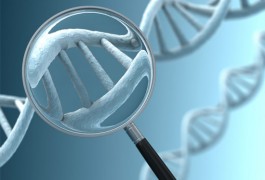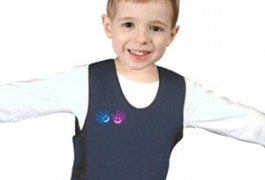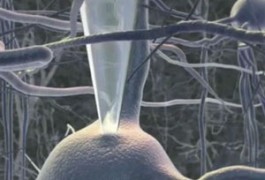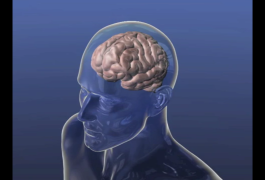Publishing secrets
Papers that are turned down by one journal and end up being published by another are cited significantly more often than papers accepted by the first-choice journal, according to an analysis published 12 October in Science.
From funding decisions to scientific fraud, a wide range of societal factors shape autism research.

Papers that are turned down by one journal and end up being published by another are cited significantly more often than papers accepted by the first-choice journal, according to an analysis published 12 October in Science.

Girls with Asperger syndrome are diagnosed, on average, two years later than boys, and the delay is even worse among adults with classic autism, according to a large study in the Netherlands published 22 September in the Journal of Autism and Developmental Disorders.

The families of children with specific language impairment do not have a history of autism, according to a study published 28 August in Genes, Brain and Behavior. The results bolster the theory that the two disorders have independent risk factors.

A genetic panel intended to predict the risk of developing autism debuted for clinical use in April, while another is in commercial development and a third was published in Molecular Psychiatry in September. But some experts are concerned, saying the tests are based on preliminary scientific evidence.

People with autism are twice as likely as controls to have mutations that disable both copies of a gene, according to preliminary research presented Wednesday at the Autism Consortium Research Symposium in Boston.

The research and advocacy organization Autism Speaks plans to launch a nonprofit arm that will fund companies to develop treatments for the disorder, Robert Ring, head of translational research for the organization, announced yesterday at the Autism Consortium Research Symposium in Boston.

Researchers have launched a $4.3 million five-year collaborative effort to profile thousands of types of neurons in the brain, detailing their shape, signaling patterns and gene expression. The project was presented in a poster session Tuesday at the 2012 Society for Neuroscience annual meeting in New Orleans.

New standards for animal studies, including an emphasis on replicating results and the publication of negative findings, are vital for research progress, says Jacqueline Crawley.

In a video interview at the 2012 Society for Neuroscience annual meeting, Edward Boyden discusses new tools his lab is developing to refine optogenetics techniques.